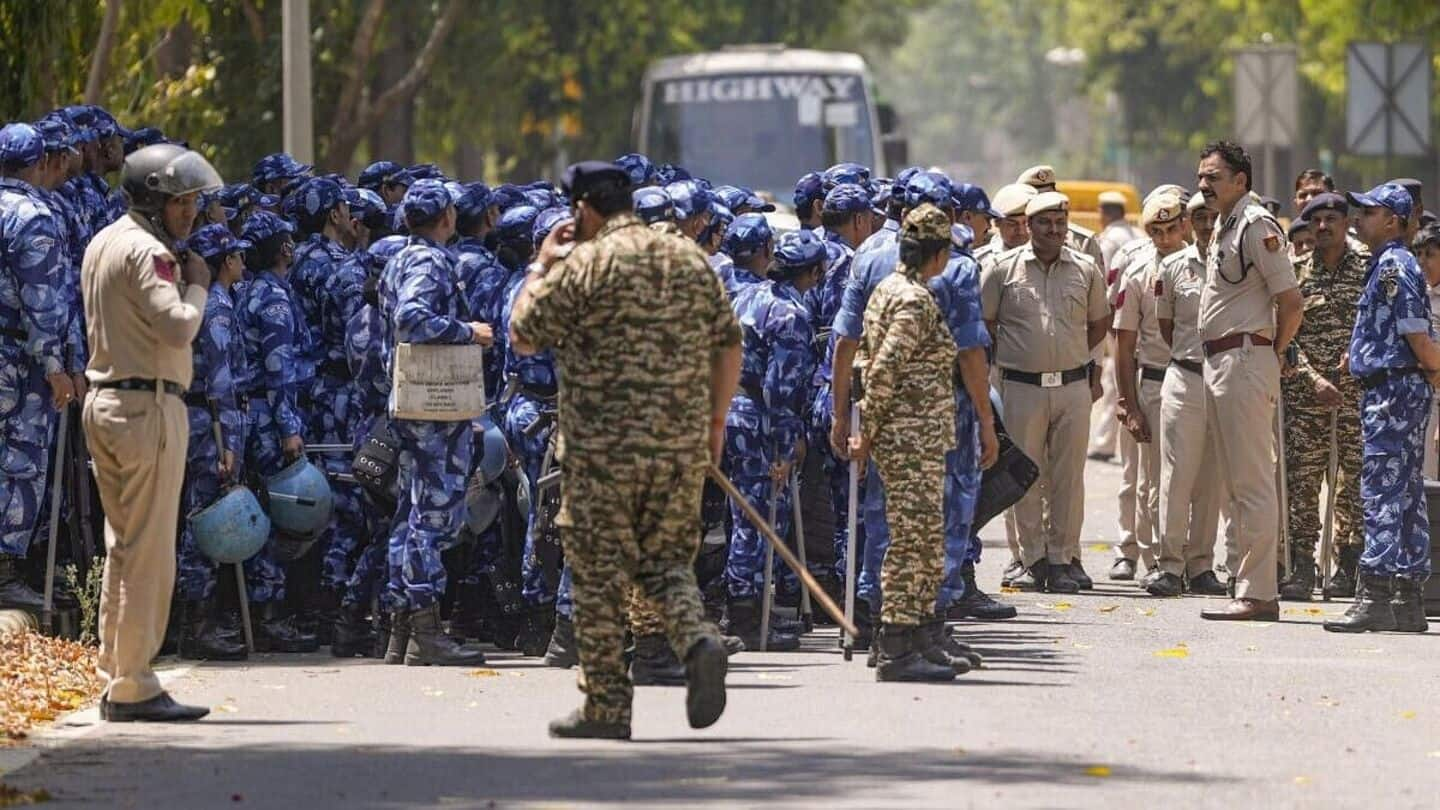
Details of Pakistan's involvement in Pahalgam attack revealed by MEA
What's the story
The Ministry of External Affairs (MEA) has revealed that the initial investigation into the Pahalgam terror attack has uncovered communication nodes, establishing a direct link between the attackers and their "masterminds" in Pakistan. The information was shared with a parliamentary committee headed by Congress MP Shashi Tharoor. The April 22 attack in Jammu and Kashmir's Pahalgam killed 26 people.
Methodology exposed
Attackers' methods reveal Pakistan's involvement
The MEA told the committee that the attackers' modus operandi had "distinct footprints" of previous strikes carried out by The Resistance Front (TRF). The TRF is believed to be a front for the terrorist organization Lashkar-e-Taiba (LeT). Officials also highlighted that sophisticated cross-border communication nodes played a key role in facilitating this attack, PTI reported.
Accusations made
MEA accuses Pakistan of drawing false equivalence
The MEA also took aim at Pakistan's repeated denial of terror links, accusing it of trying to "draw a false equivalence" by blaming India for extrajudicial killings on its soil. The ministry said, "Pakistan blames India for the killings of some individuals, labeled as extra-judicial and extra-territorial by the neighboring country, on its soil." It added that these allegations are devoid of any facts or evidence.
Ongoing threat
UN-designated terrorists continue to incite violence against India
The MEA also highlighted that UN-designated terrorists like Hafiz Saeed and Zakiur Rehman Lakhvi continue to live freely in Pakistan while inciting violence against India. After the Pahalgam attack, Indian armed forces launched retaliatory missile strikes on May 7 at nine terror targets in Pakistan and Pakistan-Occupied Kashmir (PoK). The targets included Jaish-e-Mohammad's Bahawalpur stronghold and Lashkar-e-Taiba's Muridke base under 'Operation Sindoor.' High-value targets like Yusuf Azhar, Abdul Malik Rauf, and Mudasir Ahmed were among those killed during the operation.
Turkey
Misri addresses concerns over Turkey's support and nuclear threats
The meeting also saw questions about Turkey supporting Pakistan, with Foreign Secretary Vikram Misri saying that Turkey had traditionally not been a supporter of India. He also denied any nuclear signaling from Pakistan during the conflict, contradicting reports of a nuclear threat leading to US intervention. Misri said India had attacked nine Pakistani air bases and dismissed concerns over Chinese weapons used by Pakistan. He also reiterated that the ceasefire between India and Pakistan was not brokered by Donald Trump.